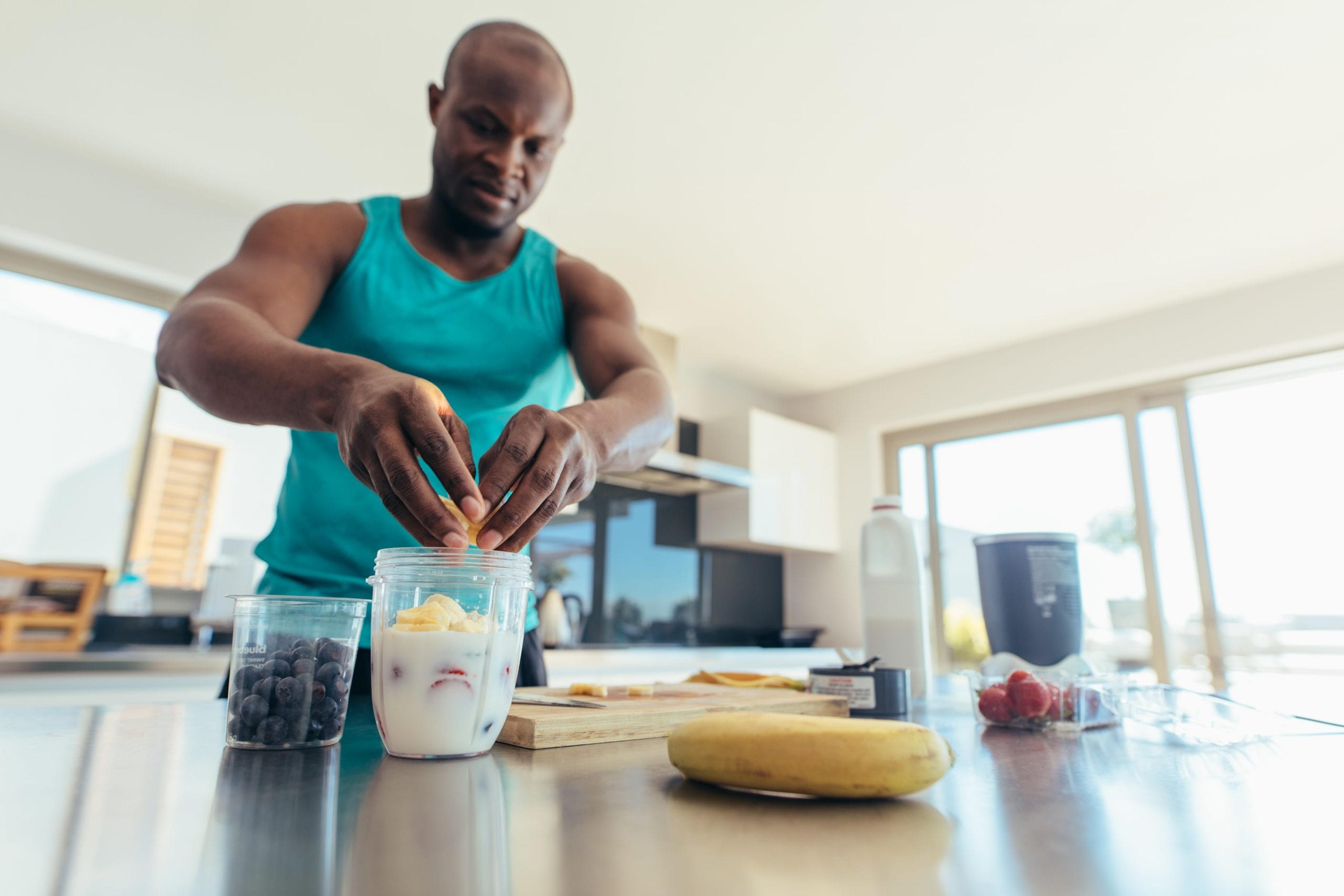The Ultimate Guide to Pre- and Post-Workout Nutrition

Introduction
Whether you're a seasoned athlete or a fitness enthusiast, understanding the importance of pre- and post-workout nutrition is crucial for achieving your fitness goals. This guide will help you optimize your nutrition for better performance, quicker recovery, and superior results.
Understanding Pre-Workout Nutrition
The primary goal of pre-workout nutrition is to fuel your body for the physical activity ahead. Proper nourishment can increase your energy levels, enhance performance, and reduce muscle damage.
What to Eat Before a Workout
- Carbohydrates: These are your body's primary source of energy. Include complex carbs like oatmeal, brown rice, and whole-grain bread about 2-3 hours before your workout.
- Protein: Consuming protein supports anti-catabolic and muscle-building effects. Opt for lean proteins, such as chicken, turkey, or a plant-based alternative.
- Fats: Healthy fats can be included but should be limited as they take longer to digest. Avocados and nuts can be good sources.
Timing Your Pre-Workout Meal
Time your meal to avoid feeling weighed down or too hungry during your workout. Ideally, eat a balanced meal 2-3 hours prior to your exercise. If you're short on time, a smaller snack 45 minutes to an hour before your workout may suffice.
Post-Workout Nutrition: Refuel and Recover
Post-workout nutrition is key for recovery and muscle growth. After training, your body needs nutrients to repair tissues and replenish glycogen stores.
What to Eat After a Workout
- Protein: Consuming protein post-workout helps repair and build muscles. Aim for 20-30 grams of high-quality protein from sources like eggs, fish, or protein shakes.
- Carbohydrates: Replenishing glycogen stores is vital. Include fast-digesting carbohydrates such as sweet potatoes, rice, or a banana.
- Hydration: Rehydrate with water or consider an electrolyte drink if you've been sweating heavily.
Timing Your Post-Workout Meal
For optimal recovery, consume your post-workout meal within 30 to 45 minutes after exercising. This timeframe is often referred to as the "anabolic window," where nutrient absorption is maximized.
Tips for Effective Nutritional Strategies
Listen to Your Body
Your body's needs may vary, so adjusting your meal sizes and timing according to your comfort and performance is vital. Pay attention to how your pre- and post-workout meals affect your energy levels and recovery.
Experiment to Find What Works
Everyone's body reacts differently to various foods and meal timing. Experiment with different combinations to find what best supports your workouts and lifestyle.
Consult with a Professional
If you're unsure where to start or how to fine-tune your nutrition plan, consulting a nutritionist or dietitian can provide personalized guidance based on your objectives and dietary needs.
Conclusion
Optimizing your pre- and post-workout nutrition can significantly impact your physical performance and progress toward your fitness goals. By understanding and applying the principles of effective pre- and post-workout meals, you can enhance your workouts and speed up your recovery.